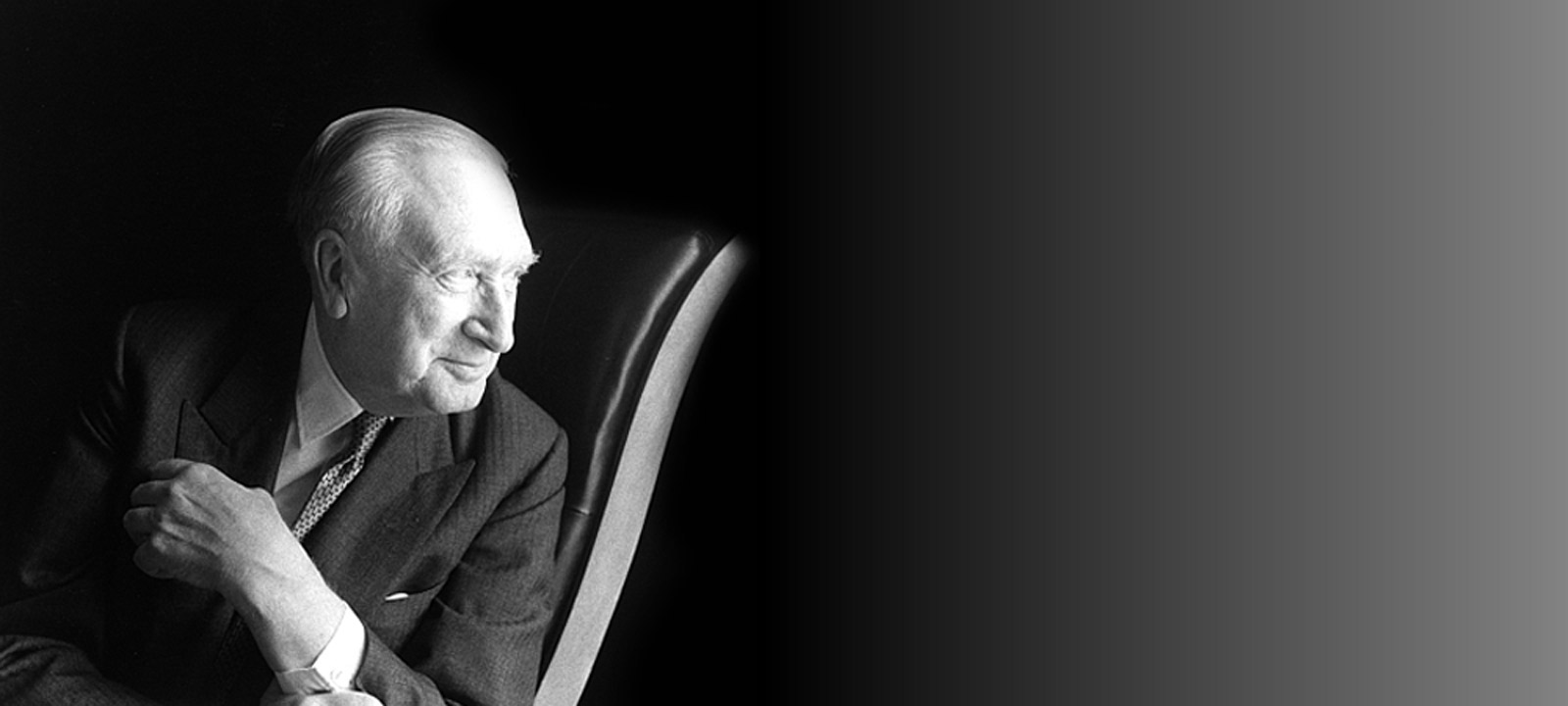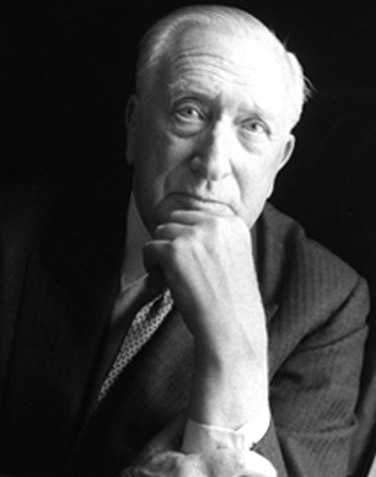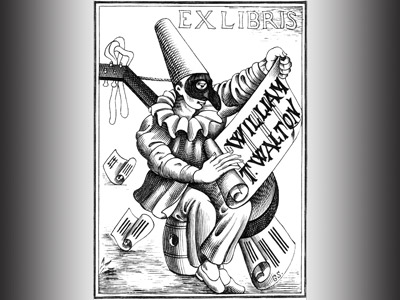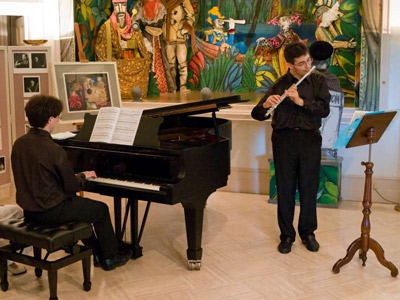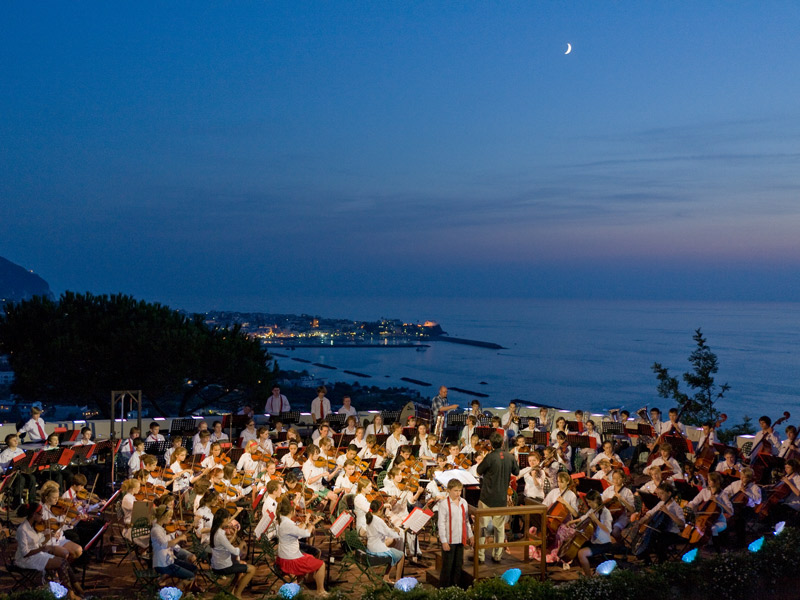• Composition: Composed between February and 31 May 1956. Revised some time before publication in 1958, and again slightly thereafter.
• First Performance: Tuesday, 25 September 1956. Broadcast by the South African Broadcasting Corporation, from City Hall, Johannesburg. South African Broadcasting Corporation Symphony Orchestra, Sir Malcolm Sargent conductor.
• Duration: About 7 minutes
• Tempo: Presto capriccioso [496 m.]
• Craggs Catalogue Number: C66
• Instrumentation: 3 flutes (third doubling piccolo), 2 oboes, cor anglais, 3 clarinets in A, 3 bassoons (third doubling contrabassoon) – 4 horns in F, 3 trumpets in B-flat, 3 trombones, tuba – timpani, 3 or 4 percussion (side drum, cymbals, suspended cymbal, bass drum, xylophone, tambourine, triangle, tenor drum, maracas, rumba sticks, castanets, glockenspiel) – harp – strings
• Manuscript: Frederick R. Koch Collection. Beinecke Rare Book and Manuscript Library, Yale University. Manuscript FRKF 630. Autograph full score in pencil, dated ‘Forio d’Ischia 31.5.56’. 67 pages. Also includes a photocopy of four pages which were cut from the score and had been removed from the manuscript. Frederick R. Koch Collection. Beinecke Rare Book and Manuscript Library, Yale Univesrity. Manuscript FRKF 627a. The originals of the photocopies described above in FRKF 630. 4 pages.
• Publication: Oxford University Press. Study score, 1958, 019 3682508. Score and parts are available on hire. [Purchase online from SheetMusicPlus.com: Study score]
Oxford University Press. Edited by David Lloyd-Jones. William Walton Edition, Volume 14, “Overtures”, 2002, 019 3683148.
• Arrangements: Arranged for reduced orchestra, by Vilem Tausky, 1957.
• Instrumentation: Flute (doubling piccolo), 2 oboes, cor anglais, 2 clarinets in A, 2 bassoons – 4 horns, 2 trumpets, 3 trombones, tuba (optional) – timpani, 1 or 2 percussion – harp – strings
• Publication: Oxford University Press. Score and parts are available on hire.
• Recordings:
| Orchestra | Conductor | Year | Compact Disc | Timing |
| New York Philharmonic | André Kostelanetz | 1959 | Sony Classical 58931 | 7’23” |
| Royal Liverpool Philharmonic Orchestra | Sir Charles Groves | 1969 | EMI Classics 5 67222 2 | 7’12” |
| London Philharmonic | Bryden Thomson | 1991 | Chandos CHAN 8968 | 7’49” |
| English Northern Philharmonia | Paul Daniel | 1995 | Naxos 8.553402 | 7’48” |
• Program Note: The South African city of Johannesburg, whose seventieth anniversary Walton celebrated in 1956 with this spritely overture, is a radically different city today. It was a painfully divided city then, with racial oppression the law of the land. Yet a common thread links the city’s past and present. Like many California towns, it grew spectacularly during the nineteenth-century gold rush. It remains the wealthiest city on the entire continent. As a recent travel brochure states, “Johannesburg is high voltage nouveau riche territory — fast-paced, fun, a modern cosmopolitan metropolis packed with vitality and verve.”
Much of that travel bureau prose aptly describes Walton’s overture which was written in a complex rondo form (the main section recurs between subsidiary episodes, and concludes the piece.) It opens with strings and woodwinds making a nimble, carefree, flamboyant rhythm. The opening theme is breezy, even a tad jazzy, suggestive of a captivating soundtrack fitting a fast-aced film travelogue. This is a portrait of an African city in English guise, fit music for an English Commonwealth nation.
But it is to Walton’s credit that, halfway through the overture, he introduces percussion parts adding a most un-English flavor. Although he never actually visited Africa, for inspiration, he requested recordings of traditional African music from the African Music Society. The impact of these recordings can be clearly heard. The score calls for three percussionists performing upon eleven instruments, and these percussionists bring complex African rhythms (some traditionally Zulu) to the foreground, reminding listeners, then and now, of the multi-racial richness at the heart of Johannesburg.
by Norman Weinstein
[Thanks to Richard Cook of The National Symphony Orchestra of Johannesburg and Gary Cannon of the University of California at Davis for their research assistance.]
The above program note is reprinted with the author’s permission from the 1998–1999 concert guide for the Boise Philharmonic.

